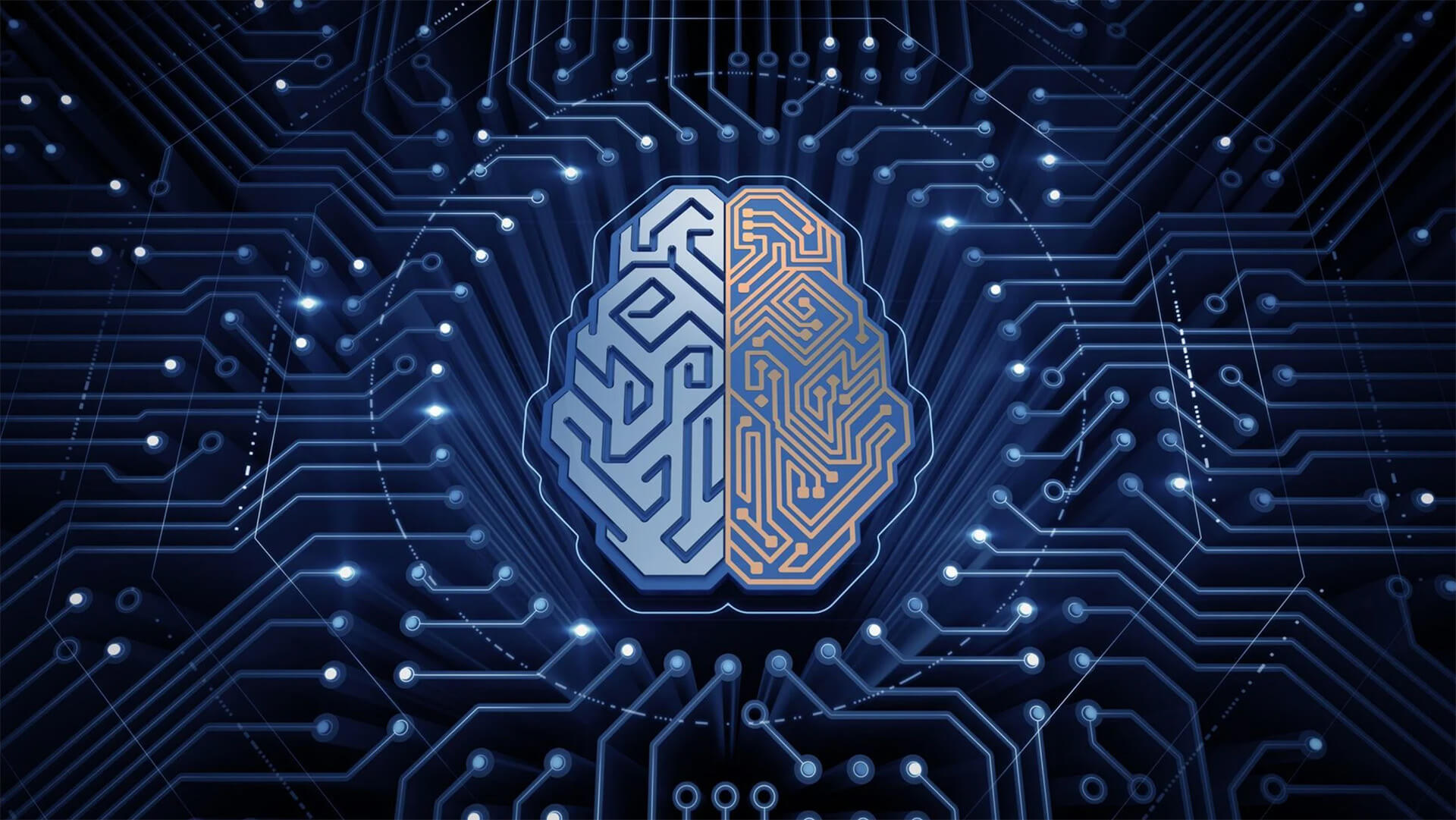
The Dawn of AGI: Will Artificial Superintelligence Transform Society?The Dawn of AGI: Will Artificial Superintelligence Transform Society? As the frontiers of artificial intelligence (AI) continue to expand, the concept of artificial general intelligence (AGI) has emerged as a tantalizing yet controversial prospect. AGI refers to AI that possesses intellectual capabilities comparable to or even surpassing those of humans, enabling it to perform complex tasks that currently require human judgment and expertise. The dawn of AGI has the potential to revolutionize society in unprecedented ways. Proponents argue that AGI could automate mundane and repetitive tasks, freeing humans to focus on more creative and fulfilling endeavors. It could also drive advancements in healthcare, transportation, and manufacturing, leading to improved quality of life and economic prosperity. However, the advent of AGI also raises profound ethical and societal concerns. Some experts worry that AGI could lead to job displacement, economic inequality, and a loss of human purpose. They caution that it is essential to develop safeguards and regulations to ensure that AGI is used for the benefit of humanity rather than to its detriment. The debate surrounding AGI is complex and ongoing. Here are some key considerations: Potential Benefits: * Automation of repetitive tasks: AGI could handle tasks such as data analysis, customer service, and manufacturing, freeing humans to pursue more meaningful activities. * Enhanced efficiency: AGI could improve efficiency across various industries, leading to cost reductions and increased productivity. * Advancements in science and technology: AGI could accelerate the pace of scientific discovery and technological development by automating research and analysis. * Improved healthcare: AGI could analyze medical data, detect diseases earlier, and develop personalized treatments. Potential Risks: * Job displacement: AGI could automate tasks that are currently performed by humans, potentially leading to widespread job loss and economic dislocation. * Economic inequality: AGI could exacerbate existing economic inequalities, as those who own and control AI may gain disproportionately. * Loss of human purpose: If AI becomes too dominant in society, it could erode the need for human work and creativity, leading to a sense of aimlessness and alienation. * Unintended consequences: AGI could have unintended and unforeseen consequences that could be detrimental to society. Ethical and Societal Considerations: * Responsibility and accountability: Who should be responsible for the actions of AGI systems? How do we ensure that AGI is used ethically and responsibly? * Social justice: How do we ensure that AGI benefits all members of society, not just the wealthy or powerful? * Human-AI interaction: How do we design AGI systems that interact with humans in a meaningful and beneficial way? * Autonomy and control: Should AGI systems be fully autonomous, or should humans retain ultimate control? The dawn of AGI is an epochal moment in human history. It holds the promise of transformative benefits but also raises critical ethical concerns. As we navigate this uncharted territory, it is imperative that we approach AGI development with wisdom, foresight, and a profound understanding of its potential impact on society.
Posted inNews